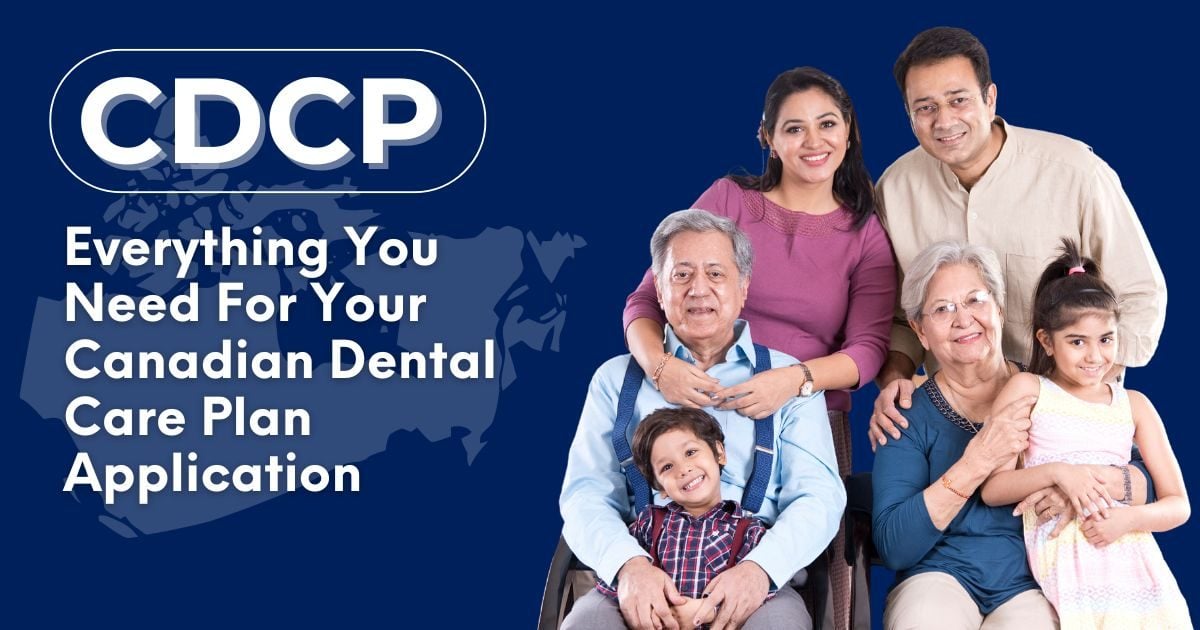The Coronavirus COVID-19 is impacting communities around the globe, creating the urgent need for mindful measures which can slow the spread of the disease, like social distancing. Social distancing is a new concept and one that many people have questions about. Learn how to practice social distancing and what you should and should not do.
What Is Social or Physical Distancing?
Social or physical distancing is the practice of maintaining physical separation from others, particularly in large groups. Avoiding group events and crowded public spaces can significantly slow the spread of COVID-19. This will limit the number of people who get the virus and prevent major outbreaks where the number of infected individuals is greater than the number of available hospital beds.
How Can I Practice Social Distancing?
There are many ways that you can practice social distancing. Some of the most common measures include:
- Maintaining a distance of at least two meters between yourself and others
- Avoiding large gatherings (some sources recommend canceling gatherings larger than 250 people while others recommend limiting groups to as few as 50 or 10 individuals)
- Running errands only when necessary
- Having items delivered to your door or brought to your car when possible
- Opting for take-out rather than dining in restaurants
In some places, such as Ontario, a measure of social distancing has become mandatory with the closure of all restaurants and bars for inside dining. Ontario has also prohibited public gatherings of 50 people or more. Other places haven’t yet enacted these measures, but citizens are encouraged to act mindfully as they make their plans.
Can My Child’s Birthday Party Go Ahead?
In the midst of the Coronavirus, it’s generally best to err on the side of safety, which means canceling birthday parties and similar group activities for your kids. If you choose to go ahead with a social gathering, you should limit it to no more than 10 children. Encourage kids to participate in activities that keep them at least 2 meters apart, such as playing on a playground.
Can I Send My Child on a Sleepover?
You should generally avoid group activities for your children. A sleepover where several kids will be staying in the same room together isn’t effective for social distancing. Having one close friend over is safer. Planning play dates with families that you’re good friends with is an effective way to beat some of the blues from social distancing while avoiding large groups.
Can My Family Go for a Walk?
It’s important to continue spending time outside whenever possible. If you live in an area with wide-open spaces, you can easily go for a walk while maintaining the recommended two meters of distance between yourself and others. City dwellers need to be more creative.
It’s important to note that Canada’s national parks and historic sites will be closed beginning on March 18, 2020, to encourage social distancing during the Coronavirus, so you will need to find other locations for a secluded walk.
Can I Have Friends Over for Game Night?
It’s unwise to bring together several people from different families, which could expose a larger group to the virus if someone is unknowingly carrying it. Gatherings of 10 people or more are not advised when practicing social distancing.
A better approach is to engage in virtual gaming with friends and family members. Schedule a time to get together and play video games together using a service like Discord to chat as you play. Use apps that allow you to compete virtually with one another. A long-distance game night can allow you to interact with friends safely while exploring new and engaging technologies.
With your family, you might want to have a family movie marathon. Here are some great family movie marathon suggestions.
Can We Visit Elderly Family Members?
The elderly are at particularly high risk for COVID-19. If you have elderly family members in an assisted living facility, you may find that visitors are strictly limited or prohibited entirely. If your family members live on their own, you may choose to visit but should practice extra precautions, such as using a face mask.
As always, you should wash your hands thoroughly before visiting with others. Avoid hugging, kissing, and shaking hands with grandparents and elderly friends, but do make the effort to stay in contact with them. If you can’t visit in person, plan video calls, make frequent phone calls and drop supplies or gifts off for them at the door.
What Should We Do If We Have Symptoms of the Coronavirus?
Symptoms of the coronavirus include:
- Coughing
- Fever
- Difficulty breathing
If you experience these symptoms, you should self-isolate immediately to prevent transmission to others. Call your doctor or your local health authority and report your symptoms. You will be given further instructions on if, when, and how to get tested for COVID-19.
Taking smart measures to practice social distancing now can slow the spread of COVID-19, making it much more manageable for healthcare facilities. Keep your distance now to help everyone weather the outbreak as safely as possible.





 December is finally here, and if you’re not already hyped about the holidays, you’re about to […]
December is finally here, and if you’re not already hyped about the holidays, you’re about to […]
